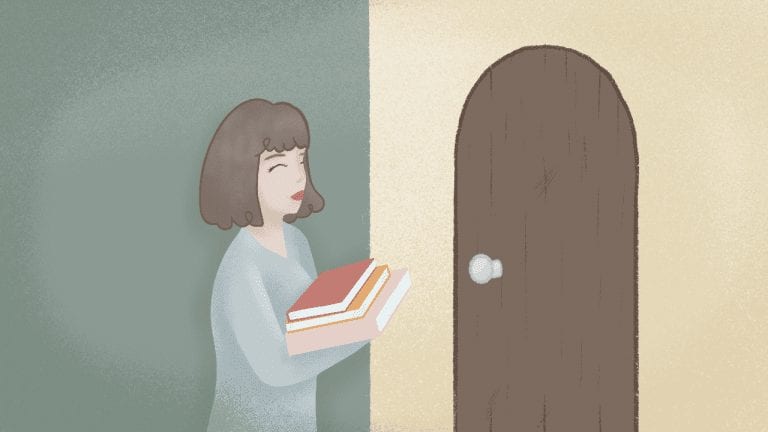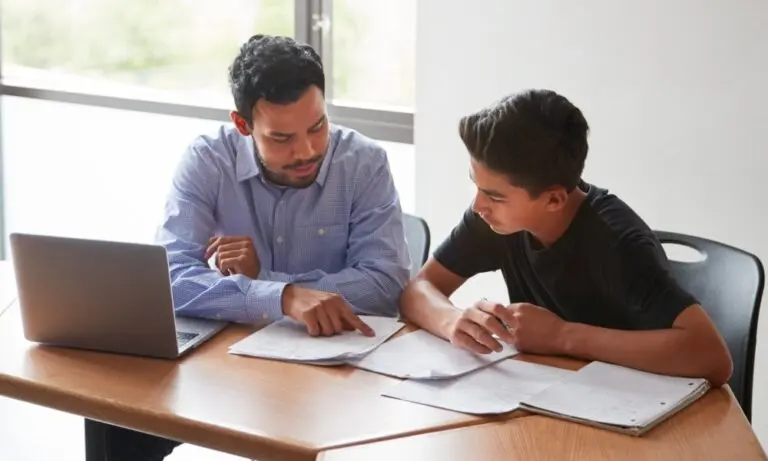
How to Develop Critical Thinking Skills in Your Students

It’s a common misconception held by many that education is mostly about information acquisition. But learning is much more than merely memorizing facts from textbooks or teacher lectures. Learning entails not just acquiring knowledge but also putting it into practice.
As such, learning is also not only limited to the classroom and children can use their acquired learning to enhance other skills they have developed or would use in their educational journey. For example, children will be able to develop and enhance their time-management skills, which can be useful for them especially once they take more complex subjects or take on more extra-curricular activities. Aside from this, children can also nurture their creativity, self-discipline, and critical-thinking skills. In this article, however, we’ll be delving further into the latter, a very important skill to develop and master.
Table of Contents
What is critical thinking?
Since critical thinking is a very abstract concept, it may be difficult to actually define it. Although there is still disagreement on a consensus definition, academics concur on certain fundamentals of critical thinking, namely independent thinking. In general, it refers to the capacity to consider a concept, use appropriate reasoning, and draw logical conclusions from it. Furthermore, active learners are also defined as critical learners. Rather than taking things at face value, they don’t hesitate to dispute and question presumptions.
What is the importance of critical thinking?
Given the amount of attention that critical thinking receives in academia and the desire of all educators to stress its development to their students, it begs the question: How important is critical thinking to children?
Students pursue their education to quickly begin establishing their future careers. According to several surveys, one of the most desirable qualities in an employee is the ability to think critically. Employers are more likely to choose to hire workers who have critical thinking abilities. Employers are looking for workers who can solve problems and make decisions, and the need for critical thinking abilities is only going to increase.
Many studies also indicate that people with critical thinking abilities have also encountered less bad life events, such as accruing credit card debt or driving while intoxicated. This is because critical thinking skills are related to decision-making skills. When making decisions, a lot of critical thinkers consider the results of their choices.

How to develop critical thinking skills in your students?
After discussing the value of critical thinking outside of the classroom, it’s time to discuss how to help students enhance their critical thinking abilities. Keep in mind that these are incredibly useful abilities that can benefit children in their everyday lives as well as at school.
1. Utilize open-ended questions
Even while a lot of the questions typically involve information that can be found in a book, they also focus more on memorizing than critical thinking, which is completely counterproductive. Why not try posing questions that will make them think, as opposed to the typical ones with clear-cut answers? Open-ended questions encourage students to reflect on the subject and share their opinions. Try providing clear answers for the first few questions and then, use open-ended questions to go further into the subject matter.
2. Incorporate problem-solving
Presenting a challenging problem to the student is another technique to improve critical thinking skills. When presented with a challenging problem, students will need to apply both imagination and reason to solve the problem. But this does not suggest that these kinds of problems are limited to topics like science or math. Therefore, it would also be beneficial to select problems that children can identify with, as this will keep their interest level while maintaining the ability to turn over ideas in their minds.
3. Encourage creativity
It is also possible to make use of creativity to enhance the growth of critical thinking abilities. Nevertheless, a lot of decisive responses also prevent students from being creative. Even though there are a lot of existing formulae for solving issues, it’s still critical to foster kids’ creativity and encourage them to use their original ideas. When you give them a problem, ask them for more suggestions.
Playtime is also an excellent opportunity to foster creativity in younger children. Students can also practice their critical thinking skills by playing brain games. To win, they force the players to strategize and think very carefully. Reward systems are crucial in encouraging kids to play games like this and to continue honing their critical thinking abilities.
4. Encourage independent learning
Don’t let the student rely solely on their tutor, particularly when it comes to answering questions. Several home tutors tackle the same questions that they have posed to their students. The greatest course of action, if a student is having difficulty answering, is to point them in the right direction so they can arrive at the correct answers. If the tutor responds to the queries, on the other hand, the student will become even more reliant on their responses. Keep in mind that you might already be aware of the answers to these queries.
As a result, this won’t assist students when they are answering exam questions in class or if the question format changes. Let them make their own decisions, lead the way perhaps, but eventually allow them to figure out and provide the correct answers.

5. Practice classifying thoughts and connecting ideas
Categorizing ideas is not a very new method. It is useful for studying and memorization. Still, it works very well. Students who are also honing their critical thinking abilities can do the same thing. Sorting ideas also involves classifying them. Students will find it easier to evaluate which classification works best for them in various scenarios if they practice grouping their ideas into distinct categories.
Since we’ve been discussing how crucial it might be for children to be able to organize their thoughts and ideas, let’s not overlook the significance of connecting those concepts to one another. Children can choose to investigate independently or with the assistance of their tutors to find connections between the concepts they already know. By defining these concepts, pointing out their advantages and disadvantages, and determining which to employ more to provide the greatest response, these ideas can be connected.
6. Provide examples and demonstrate
Critical thinking may also be more difficult to understand, particularly for beginners and younger students, because there isn’t a universally accepted definition for it. Giving them excellent examples of critical thinking is the best approach to explaining what it is and why it is necessary. Educate the students on the benefits of having critical thinking abilities and how they become good problem solvers in the actual world. Additionally, emphasize to them the significance of honing these skills in the long run.
Developing critical thinking through modeling or demonstration is another effective strategy. Although children can learn on their own, tutors can still teach them useful skills like problem identification, brainstorming, and evaluation. When it’s their turn, students can, of course, add their own imagination and ideas, but thanks to their tutor’s example, they also know roughly where to start. Because of this, letting them see you first may help you establish a rapport with them and make them more receptive to your home tutoring sessions.
7. Try peer assessments
Since children’s perspectives differ from adults, it’s important to help students develop critical thinking skills by allowing them to discuss ideas with peers who are similar in age. It would make sense for children to share ideas with one another as they will be working and learning alongside these same students while in school.
Tutors can invite other students to collaborate or meet together. With each activity, they can exchange ideas and evaluate their alternatives by weighing the pros and cons. They will be able to draw a conclusion and encourage independent thought using this. This doesn’t have to be a regular occurrence, but it would help students improve their critical thinking abilities.
Conclusion
Developing critical thinking skills in students can be seen as an abstract idea and yet, there are still many ways to do so. As home tutors, you also have to help your students understand why they need to develop these skills, along with others that are as useful, in the first place.

Carelle
Carelle is a teacher who has been through the ups and downs of the teacher and learner life. She wishes for every learner to gain educational satisfaction that will help embody the people they want to be in the future.




